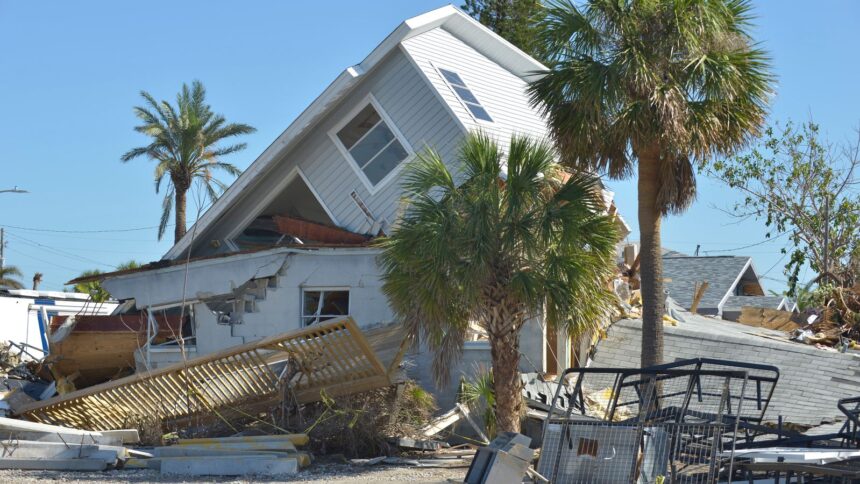The United Nations Framework Convention on Climate Change (UNFCCC) stated in its annual assessment that current national climate plans submitted to the UN should be sufficient to reduce global greenhouse gas emissions by 2.6% between 2019 and 2030.
This is just “marginal progress” compared to last year’s annual “Synthesis” report, which predicted that 2030 emissions will be 2.0% lower than 2019.
Additionally, it is “only a fraction” of what is “urgently needed,” according to the UNFCCC, since emissions should fall 43% by 2030 to prevent the worst effects of climate change, as advised by the UN climate.
It comes after the UN Environment Programme issued another dire warning last week, stating that there was “virtually no chance” of keeping global warming to 1.5C over pre-industrial levels, a crucial goal in the historic Paris Agreement.
“Current national climate plans fall far short of what’s needed to stop global warming from crippling every economy and wrecking billions of lives and livelihoods across every country,” stated Simon Stiell, the head of the UNFCCC.
“Much bolder new national climate plans cannot only avert climate chaos,” he stated, but they can also lead to “stronger investment, economic growth and opportunity, more jobs, less pollution, better health and lower costs, and more secure and affordable clean energy.”






